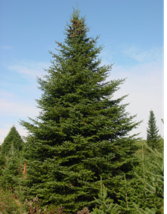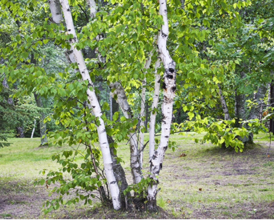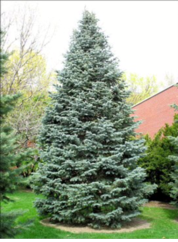Sign up for FlowVella
Sign up with FacebookAlready have an account? Sign in now
By registering you are agreeing to our
Terms of Service
Loading Flow

Genus: Betula Species: papyrifera Parts Used: bark, wood and sap
Paper birch trees peel in horizontal layers that look similar to sheets of paper. These tress are generally smaller than the Balsam Fir ranging anywhere from 60-75 but can even be less than 40 feet depending on the type. Paper birch trees were generally used by Indians who would create birchbark canoes and also Siberians would take the sap to make syrup.
Other names: Silver Fir, Genus: Abies
Species: concolor
Can live up to 300 years
2 to 3 inches long and slightly flattened leaves
They are also silvery blue to silvery green, curve up from the stem and soft.
White Fir is also found in most of the western regions of North America.
In the winter it is a great roosting place and animals can feed off of the buds and needles.
Balsam Fir
Paper Birch
White Fir
Genus: Abies
Species: balsamea
The Balsam Fir is considered a small or medium sized tree that can range from 40 to 80 feet tall. Consisting of a wide base that leads into a slender, spirelike top the tree can grow to the maximum age of 200 years. Balsam firs prefer to grow in old, undisturbed forests and is one of the least fire resistant tree. The fir's buds is the main food supply for moose throughout the winter.


